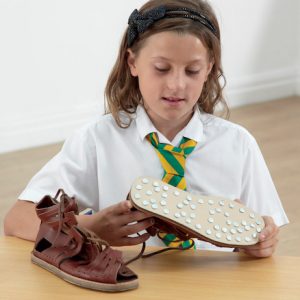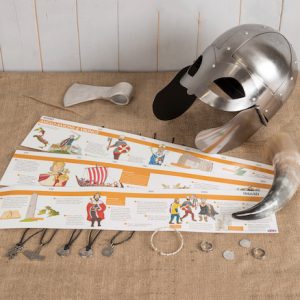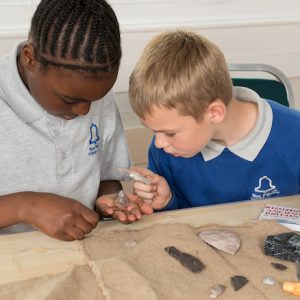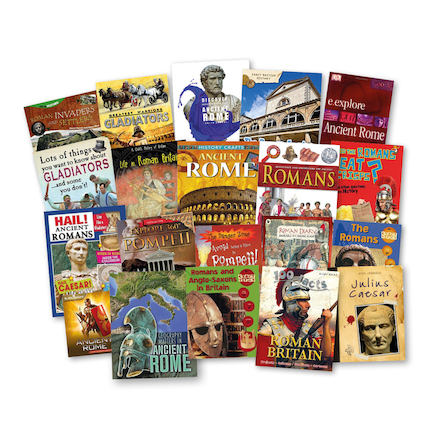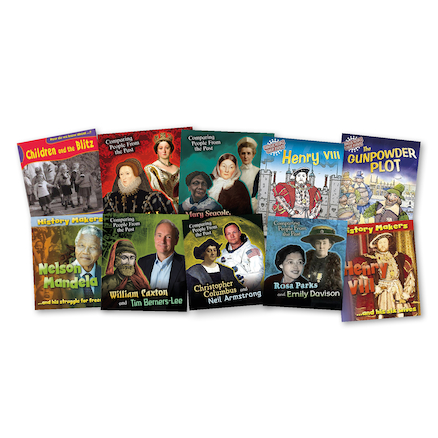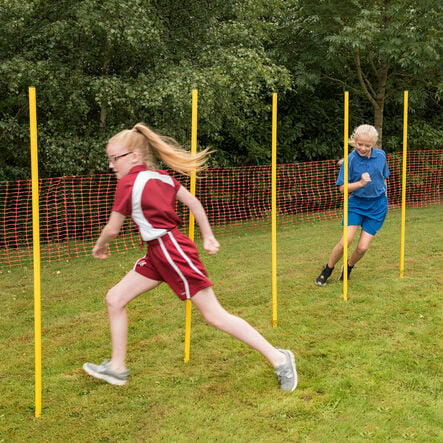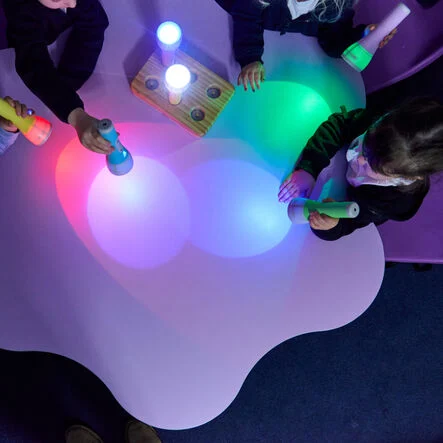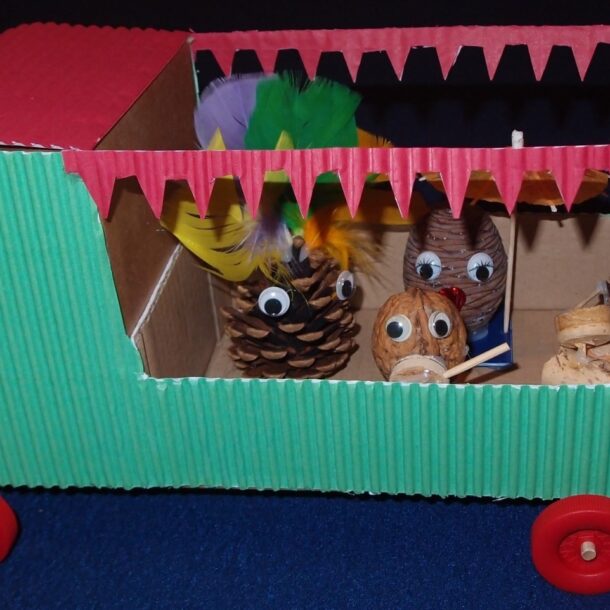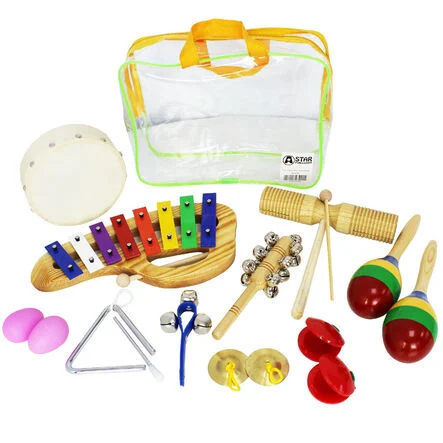Every school is at a different point on their curriculum journey for history.
With many different aspects to consider, it can take time to ensure there is a clear progression and sequence of skills and chronology whilst also ensuring the curriculum inspires children with “a curiosity to know more about the past” (National Curriculum, 2014). We also know that Ofsted are looking for children to be able to remember and retain key facts and information from across different historical periods so that they can draw on these when they learn about different eras.
This made me think back to the famous Benjamin Franklin quote:
Tell me and I forget. Teach me and I remember. Involve me and I learn.
Benjamin Franklin
So, if we want children to learn, understand and remember what we teach them about history, we need to find ways to bring history to life for them.
In this blog, we explore five things that you might want to consider in your history planning that could help to inspire children and support your class to remember those key historical facts we want them to learn.
1. Artefacts
Using artefacts in your history lessons can stimulate curiosity and help to deepen children’s understanding of the past. Try to ensure you have a range of artefacts for each historical period you teach in school.
Some top tips for using artefacts:
- Model how to investigate and respect artefacts by exploring children’s own special items first.
- When introducing an artefact, encourage children to first describe what they see and then ask questions.
- Don’t spend too much time encouraging children to guess – consider if that activity is teaching them anything about the past.
- Teach children facts about the different artefacts – what did they do? When did people use them? Why were they used? What were they made of?
- Explore similarities and differences between eras by comparing artefacts that serve a similar purpose.
Explore our full range of Historical Artefact Collections
2. Experiences
We know that the best way to learn about something is to experience it for yourself. But, of course, this is not possible when learning about history.
It can be really hard to imagine how life was different in the past, so giving children opportunities to dress up, recreate experiences (where safe and possible), or explore through drama such as hot seating, can all be really powerful.
For example, you could use role-play to re-enact part of the Viking invasions and then use hot seating to explore how people felt at the time.
3. Books
Whether fiction or non-fiction, texts offer a gateway into learning about different eras and the experiences of different people in that time. Try to include in your planning as many opportunities as possible to read about the past. This could include (where possible) fiction set in the time period, non-fiction books, newspaper reports or real diaries/recounts from that time.
Explore our full range of Historical Books
4. Make it relevant
In your curriculum planning, consider the diverse backgrounds of your pupils and try to build in opportunities for them to learn about their communities and their local history. Think about how different eras of time would have impacted people living within their community and visit any nearby monuments, statues or buildings.
For local history, be sure to invite in any members of the community who can talk about how things have changed over time and can share their own experiences.
5. Sharing learning with others
Give children different and creative ways to record and share their learning with others. We know that an important part of remembering and retaining our learning is being able to explain it to others.
- One idea is to create a class museum. Children could set up exhibitions to showcase different aspects of their topic. They can include guides, information plaques or recorded audio guides for the museum visitors. Encourage children to become tour guides, showing staff or family members around the museum, being sure to explain the different exhibitions and artefacts, and providing interesting facts along the way!
- Or, why not set up an event linked to that period of history, such as a VE day party for family, where children can share and showcase all that they have learnt.

